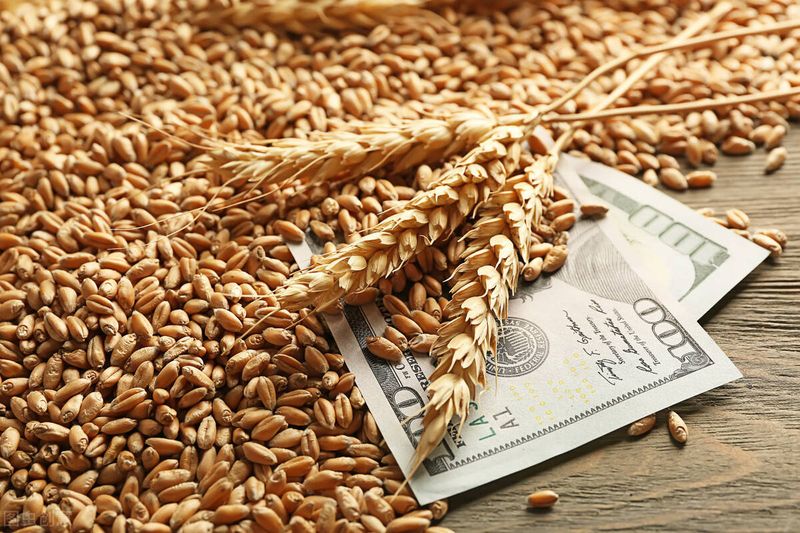New exchange offers Egypt another way to import wheat

Egypt’s state grains buyer will be able to make international wheat purchases through a newly-launched exchange that is also aimed at eliminating local price distortions, its chairman said.
With grain markets disrupted this year by fluctuating prices and the war in Ukraine, Egypt’s General Authority for Supply Commodities (GASC) has been diversifying its purchasing methods.
State-run GASC recently opted to buy directly from global suppliers, instead of through its traditional tender system, as it looks for more competitive offers.
GASC can also procure local wheat from farmers via the exchange, Ibrahim Ashmawy, deputy supply minister and chairman of the exchange, told Reuters on Sunday.
“If today GASC is a seller (on the exchange), tomorrow it can be a buyer,” Ashmawy said. “It’ll have different channels.”
GASC had asked global suppliers to register at the bourse by November, but traders said there was confusion over whether the suppliers or their local agents were required to do so.
Egypt, typically the world’s largest importer of wheat, launched the new commodities exchange on Sunday, the supply ministry said in a statement, with GASC offering 12,000 tonnes of Russian wheat from its reserves to private sector mills.
The new exchange is designed to operate as a spot market with prices determined by supply and demand. For now, it is operating on a “closed bidding” system, where bidders submit offers in a sealed envelope and GASC selects the best one.
The move follows complaints by private importers and mills in Egypt struggling to pay for hundreds of thousands tonnes of wheat stuck at ports because of a dollar shortage that has curtailed imports, causing a spike in bread and flour prices.
“We are in dire need for the exchange in order to regulate the market. The market is not in its best shape and there’s a lot of price distortions,” Ashmawy said.
On the first day of trading on Sunday, wheat was sold at 9,750 Egyptian pounds ($397) per tonne in 18 transactions, the supply ministry said on Monday.
Two hundred companies, including 36 mills, have so far registered on the exchange in Cairo, where the Egyptian government is studying the possibility of trading 10 more commodities, including rice, gold and steel.
Read also
Wheat in Southern Brazil Impacted by Dry Weather and Frosts
Oilseed Industry. Leaders and Strategies in the Times of a Great Change
Black Sea & Danube Region: Oilseed and Vegoil Markets Within Ongoing Transfor...
Serbia. The drought will cause extremely high losses for farmers this year
2023/24 Safrinha Corn in Brazil 91% Harvested
Write to us
Our manager will contact you soon



